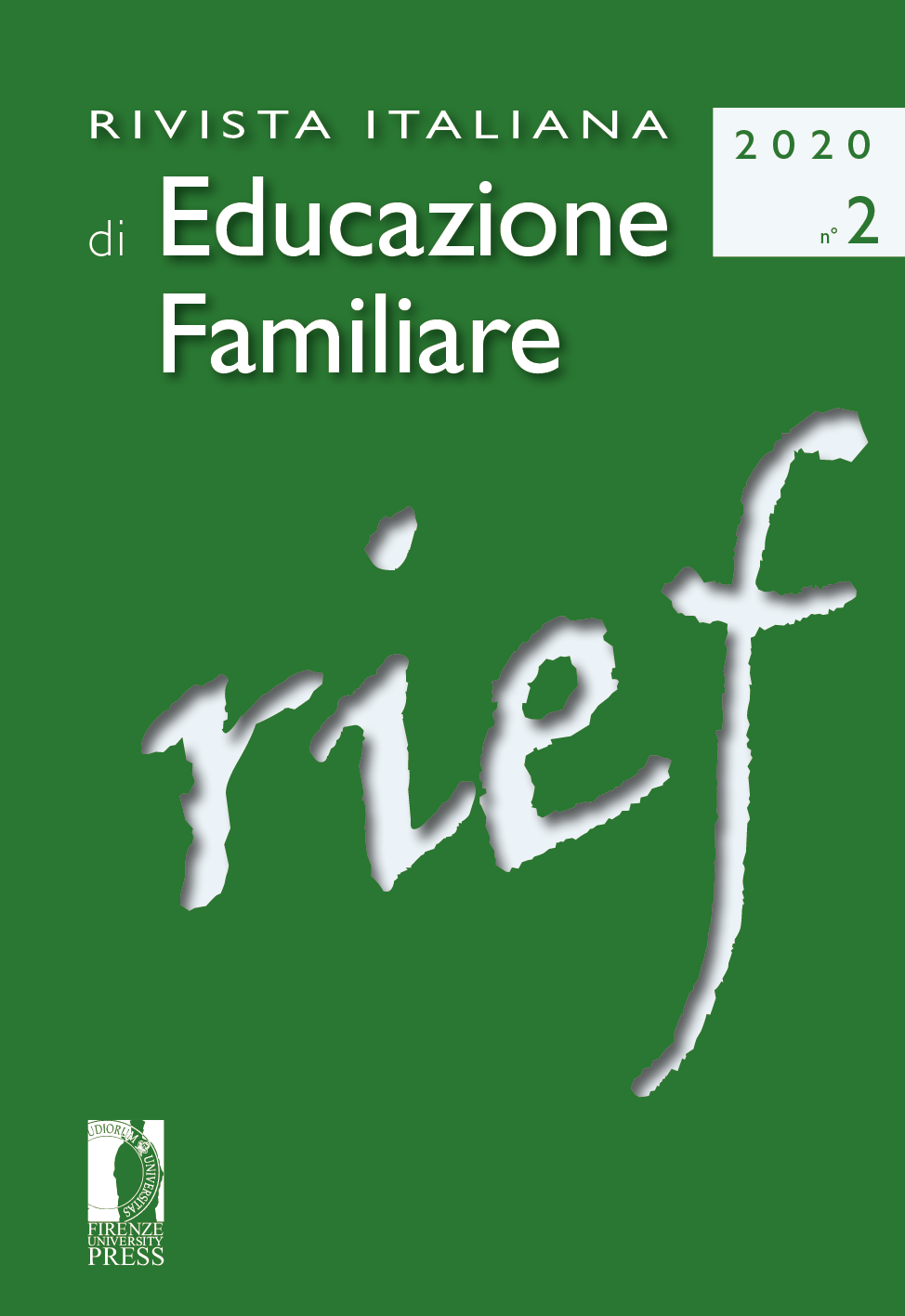La relazione educativa nella ricerca e nella formazione dei professionisti dell’educazione e della formazione.
Published 2020-12-24
Keywords
- educational relationship,
- learning outcomes,
- Philosophy of education,
- training of education and training professionals,
- knowledge and skills
How to Cite
Abstract
The contribution is focused on educational goals of L-19-Degree courses that the education professional must acquire in terms of relational and communicative knowledge and skills according to the learning outcomes. A second object is the historical pedagogical reconstruction on which the current conceptions of the educational relationship and the epistemological foundations of relational and communicative knowledge and skills are based on the training of trainers. The most significant moments of the pedagogical foundation of the student-educator relationship, and of a pedagogical reflection closely linked to philosophical reflexivity, are central elements of the core curriculum of L-19-Degree courses. In this regard, the fundamental theoretical issues are the studies that have highlighted the ideological character of education and the conformative nature of the student-educator relationship. The abovementioned studies, also read through the transformations of Pedagogy from unitary knowledge to plural knowledge, allow us to highlight, in a third moment, the tension towards the need for the relationship between the Pedagogical sciences and the other Sciences, even those with a character experimental empirical. The educational report is in fact one of the themes of knotting multiple researches on knowledge, not only of the humanities, but also and above all of the scientific ones. It is in this scenario that the contribution seeks to bring out the sense of the educational relationship in the direction of the formation of a subject who lives in an era characterized by the rarefaction of human relationships and the strong affirmation of technologies.


